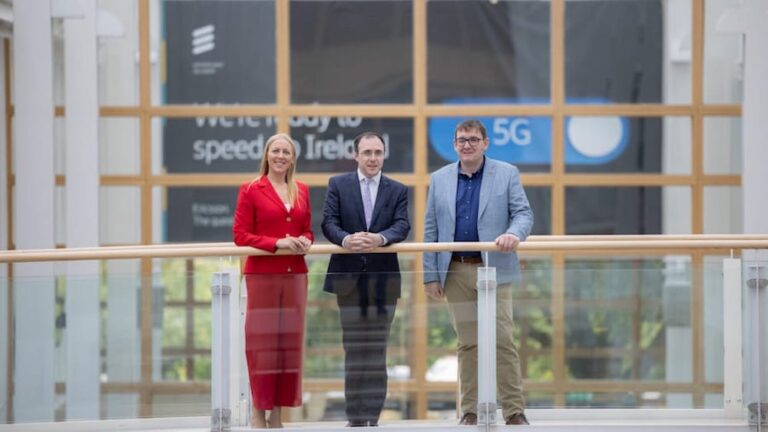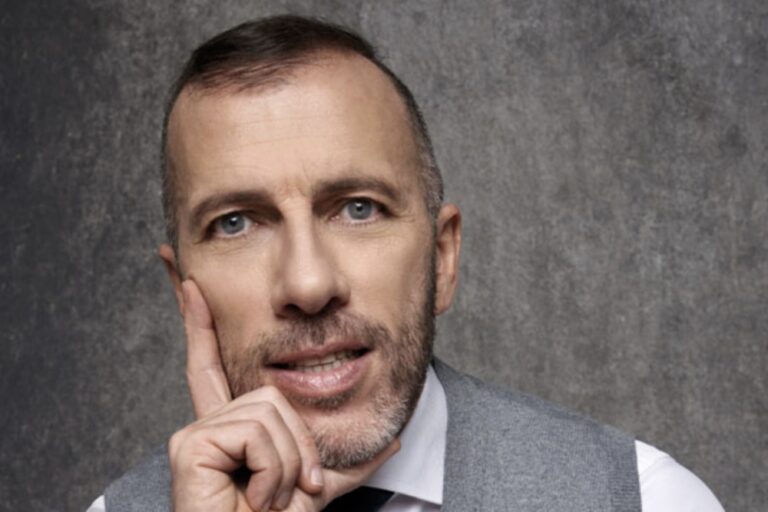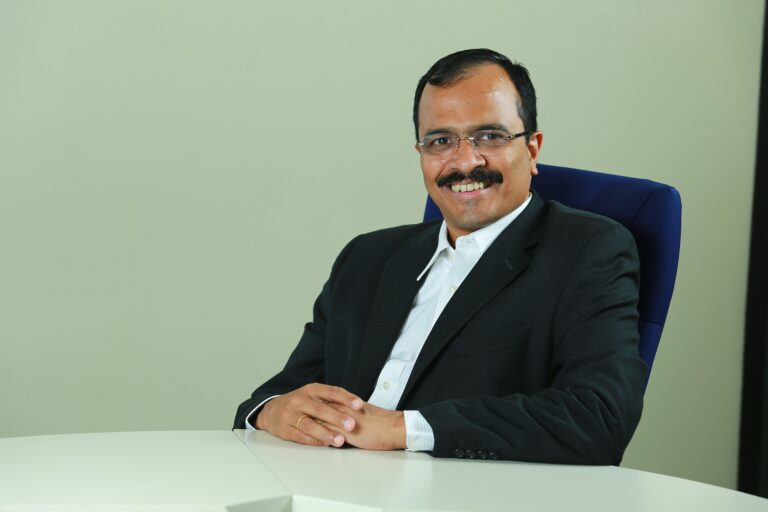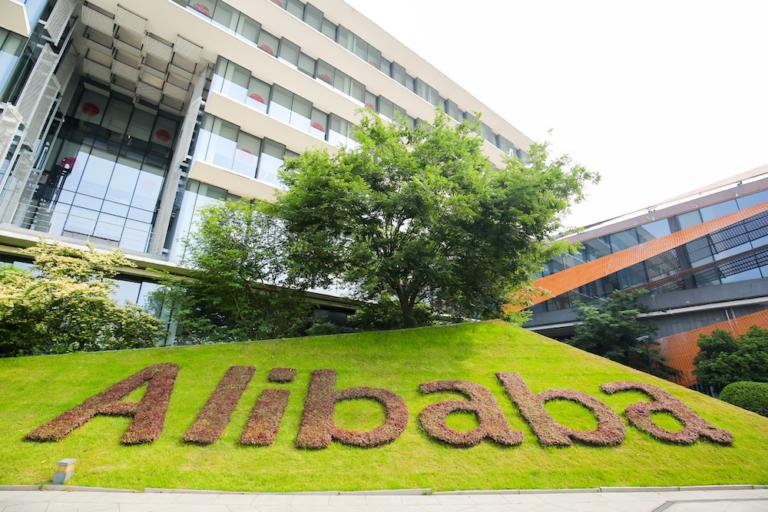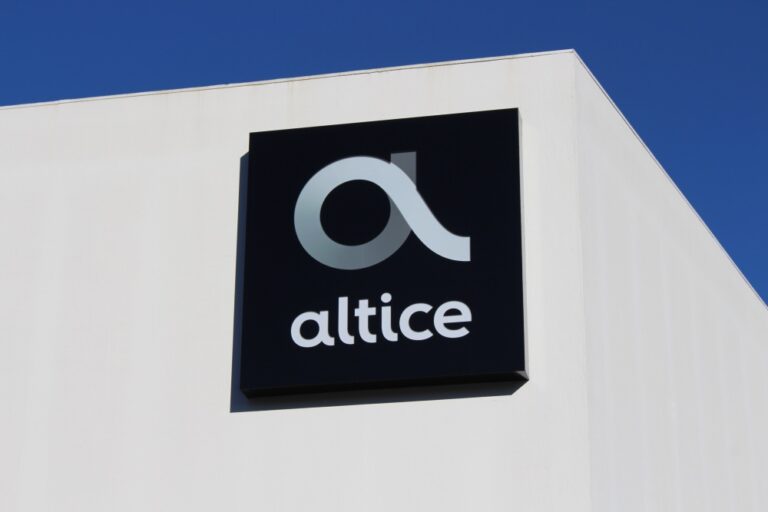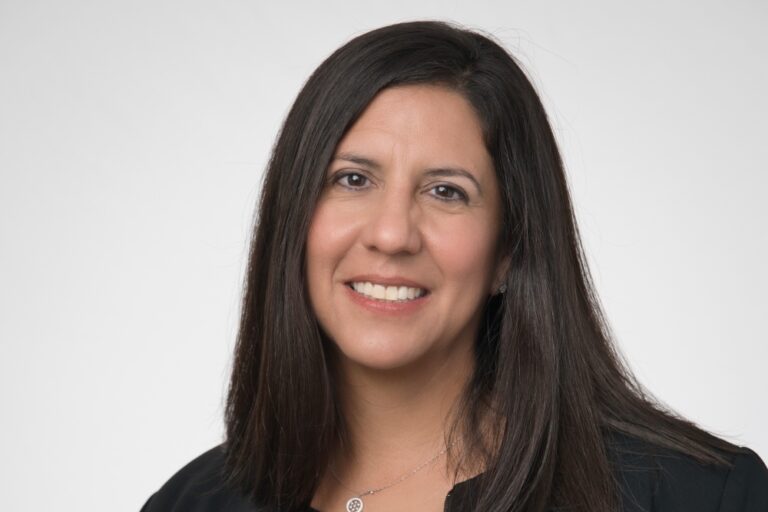Athlone R&D will orchestrate the 5G product portfolio
Ericsson is to hire 250 people at its Irish Research and Development Centre in Athlone to help it create cloud-native products that orchestrate, automate and power its 5G portfolio. It’s looking for highly skilled software developers, data scientists, architects, cloud and mobile communication engineers at all career stages. This project is supported by the Irish Government through investment body IDA Ireland. The recruitment will run over the next three years and concentrate Ericsson’s R&D efforts around the workforce in Athlone, which will swell to 1,450 staff, it said.
OSS course
The 250 cloud natives will build RAN, management, automation and orchestration offerings for the world, according to Denis Dullea, Head of Research and Development at Ericsson Athlone, who hailed the strong ongoing partnerships with the IDA and the Irish Government. Ericsson has run research and development (R&D) in Athlone since 1979 and is now one of Ireland’s largest employers of software developers. The Athlone facility is the global R&D headquarters of Ericsson Digital Services OSS (Operations Support Systems) and currently employs 1200 people developing its OSS and Cloud RAN (Radio Access Network) portfolio. Ericsson employs an additional 200 staff at its Dublin base.
Cloud natives
Robert Troy, the Irish government’s Minister of State with responsibility for Trade Promotion, Digital and Company Regulation welcomed the creation of highly skilled roles in software development, engineering and cloud technologies. The Irish Midlands have become a centre of excellence in the ICT sector and cloud technology, Troy said. Ireland established the Technological University of the Shannon (TUS) to ensure there is a continued production line of software engineers. Ericsson is a well-established presence in Athlone and has invested heavily in its R&D Campus, according to the newspaper the Westmeath Independent.
Athlone again, naturally
“The next generation of technology developed at the Athlone facility will set the standard for the industry,” said IDA Ireland CEO Martin Shanahan, “I wish Ericsson every success and I want to assure the team of IDA Ireland’s continued support.” The roles will be for cloud native engineers with competences including Kubernetes, Docker, Helm, HCP, together with core programming languages such as Java, C++, JavaScript, Python and Golang.


